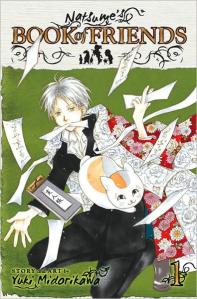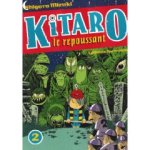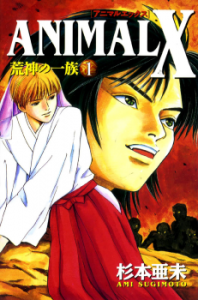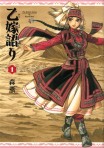It’s an interesting week in ComicList terms. Let’s go right to the pick of the week, shall we?
That would be Moto Hagio’s A Drunken Dream and Other Stories, the first result of the Fantagraphics-Shogakukan team-up that’s being curated by Matt Thorn. It’s a deeply glorious book that brims with Hagio’s psychological and emotional insights. I plan on posting a review on Thursday. You can order a signed copy from the publisher.
If that doesn’t slake your appetite for classic manga, Vertical is kind enough to offer Osamu Tezuka’s Apollo’s Song in two paperback volumes. It’s an example of deeply crazy Tezuka, with the added bonus of lots and lots of sex. If you can resist that description, you’re stronger than I am.
One of last year’s big books is now available in paperback. David Small’s Stitches (W.W. Norton) offers a beautifully rendered and stunningly bleak look at a miserable childhood. It’s a really great graphic novel.
There are also new issues of three very different and very entertaining pamphlet comics. First is the second issue of Avengers: The Children’s Crusade, following the Young Avengers as they search for the Scarlet Witch to the dismay of most of the rest of the residents of the Marvel universe, who seem happy to assume that the longtime heroine is evil and crazy. Next is the penultimate (I think) issue of Brandon Graham’s King City from Image, whose website is so terrible that I won’t even bother trying to find a link to additional information on the comic. And last is the fourth issue of Stumptown, a smart tale of a down-on-her-luck private investigator from Oni.
What looks good to you?
Updated: I forgot one big pamphlet offering, the arrival of Veronica 202 (Archie Comics) and Riverdale’s first openly gay resident, Kevin Keller. I hope I can find a copy so I can be appropriately derisive when conservative groups condemn the comic.
































